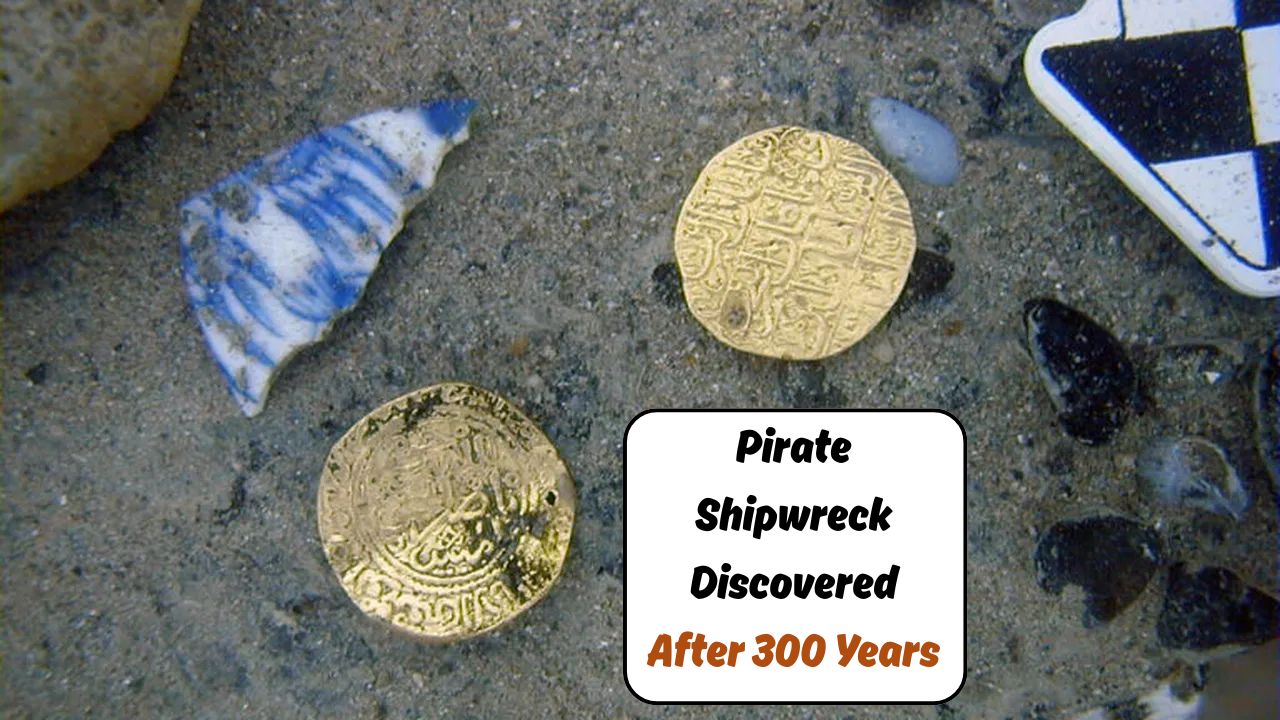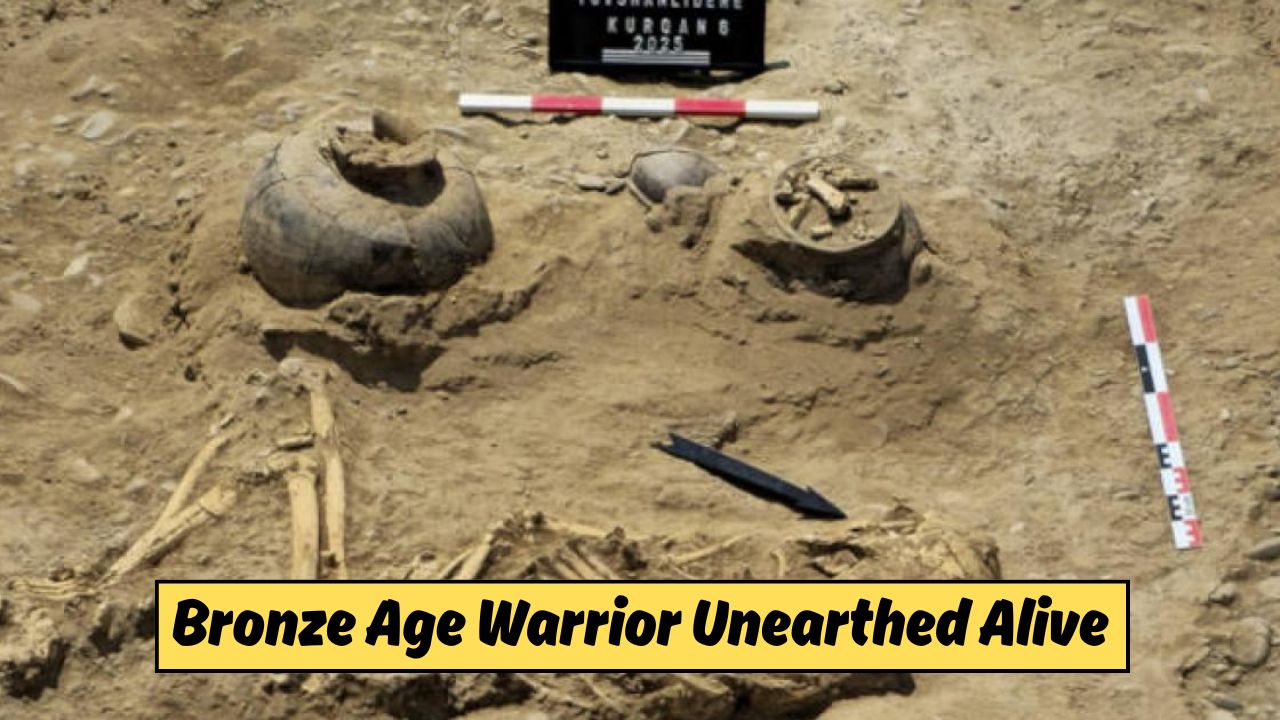Used Coffee Grounds – Coffee is more than just your morning pick-me-up — it might now be the key to a more sustainable future. In a surprising breakthrough, scientists have discovered an innovative new application for used coffee grounds that could revolutionize several industries, reduce environmental waste, and create a new market for what was once just trash. This development is generating buzz across the scientific and environmental communities, and the implications are bigger than you might expect.
The Discovery: Used Coffee Grounds as a Resource
Researchers from multiple universities and green tech companies have been studying the chemical makeup of used coffee grounds. What they’ve found is remarkable: coffee grounds contain high levels of cellulose, lignin, carbon, nitrogen, and antioxidants. These components make them ideal for repurposing into valuable materials rather than discarding them as waste.
Key Findings:
- Coffee grounds are rich in carbon, useful for energy applications.
- They contain essential oils and antioxidants, applicable in cosmetics and food supplements.
- Their structure can support biodegradable plastic production.
- Researchers have successfully turned grounds into battery components and construction materials.
How Coffee Grounds Can Be Reused Sustainably
Used coffee grounds are no longer destined for the landfill. This discovery has opened up several new sustainable pathways where grounds can play an active role.
New Applications:
- Eco-Friendly Construction Material: Coffee grounds can be transformed into bio-bricks and insulation material.
- Natural Fertilizer: Due to high nitrogen content, they are excellent for composting and improving soil health.
- Biofuel: Grounds can be processed into biodiesel or bio-pellets for heating.
- Water Filtration: Their porous structure helps trap heavy metals and chemicals.
- Cosmetic Products: Extracts are being used in exfoliants, creams, and shampoos.
Properties of Coffee Grounds Enabling New Applications
| Property | Application Area | Benefit |
|---|---|---|
| High carbon content | Biofuel, Batteries | Clean energy, sustainable tech |
| Nitrogen-rich composition | Fertilizer | Enhances soil fertility |
| Porous structure | Water filtration | Removes heavy metals |
| Natural antioxidants | Skincare, Cosmetics | Anti-aging, exfoliation |
| Biodegradable cellulose | Bioplastics | Reduces plastic pollution |
| Thermal insulation | Green construction | Eco-friendly buildings |
| Aromatic oils | Pest control | Natural repellent |
Scientists Convert Coffee Grounds Into Battery Components
One of the most headline-grabbing applications involves turning used coffee grounds into carbon-based components for batteries. Researchers have developed a method to process the grounds at high temperatures in low oxygen environments, creating a porous carbon material suitable for energy storage.
Benefits of Coffee-Based Batteries:
- Environmentally friendly alternative to synthetic battery components
- Lower production costs
- Reduced electronic waste
- Increased sustainability for electronics and vehicles
Coffee Grounds in the Beauty and Skincare Industry
Coffee’s natural antioxidants, caffeine, and oils are now being extracted from used grounds to produce skincare items. These compounds are known for their anti-aging and anti-inflammatory properties. Exfoliants made from grounds are already on the market, and new creams and lotions are in development.
Popular Products Being Developed:
- Exfoliating scrubs with ground coffee particles
- Anti-cellulite creams using caffeine extracts
- Under-eye creams to reduce puffiness
- Hair masks for shine and scalp health
Biofuel from Coffee – A Growing Energy Sector
The energy sector is also getting a caffeine boost. Companies are developing biofuel by extracting oil from used coffee grounds. This oil can be converted into biodiesel through a process known as transesterification.
Steps in the Process:
- Collection of used coffee grounds
- Drying and oil extraction
- Conversion of oil to biodiesel
- Refining for commercial use
This approach not only reduces landfill waste but also offers a low-cost, renewable fuel alternative. Countries with heavy coffee consumption like the U.S., Brazil, and South Africa are beginning to explore its potential at an industrial scale.
Coffee Grounds in Agriculture and Gardening
Gardeners have long praised coffee grounds for their benefits, but science now backs up those claims. The nitrogen, potassium, and magnesium in coffee support plant growth and soil enrichment.
Practical Agricultural Uses:
- Mix into compost heaps for faster decomposition
- Spread around plants as a slow-release fertilizer
- Use as a pest deterrent to keep slugs and ants away
- Blend with mulch to retain soil moisture
Coffee waste can even act as a natural deodorizer for soil and compost bins.
Environmental Impact and Economic Opportunities
This discovery isn’t just about innovation — it’s about impact. The global coffee industry produces over 18 million tons of used coffee grounds every year. Most end up in landfills, releasing methane gas — a major greenhouse contributor.
Potential Environmental Impact:
- Reduction in landfill waste
- Decrease in methane emissions
- Encouragement of circular economy practices
- Empowerment of small businesses through new products
Moreover, entrepreneurs now have an opportunity to collect, process, and sell coffee-based materials, opening up a new green economy stream.
FAQs About the New Use of Coffee Grounds
Q1. Can I use coffee grounds directly as fertilizer at home?
Yes, but it’s best to compost them first or mix lightly with soil to avoid acidity buildup.
Q2. Are coffee-ground batteries available to buy?
Not yet commercially, but prototypes are being tested by researchers globally.
Q3. Can used coffee grounds be reused multiple times?
No, once extracted for oils or carbon, their structure breaks down and becomes unusable for repeated processing.
Q4. Are there any safety concerns with using coffee in beauty products?
Generally safe, but people with sensitive skin should do a patch test first.
Q5. Is there any government or industry support for these innovations?
Yes, several environmental agencies and startups are funding research and pilot programs for large-scale use.







